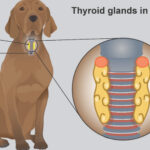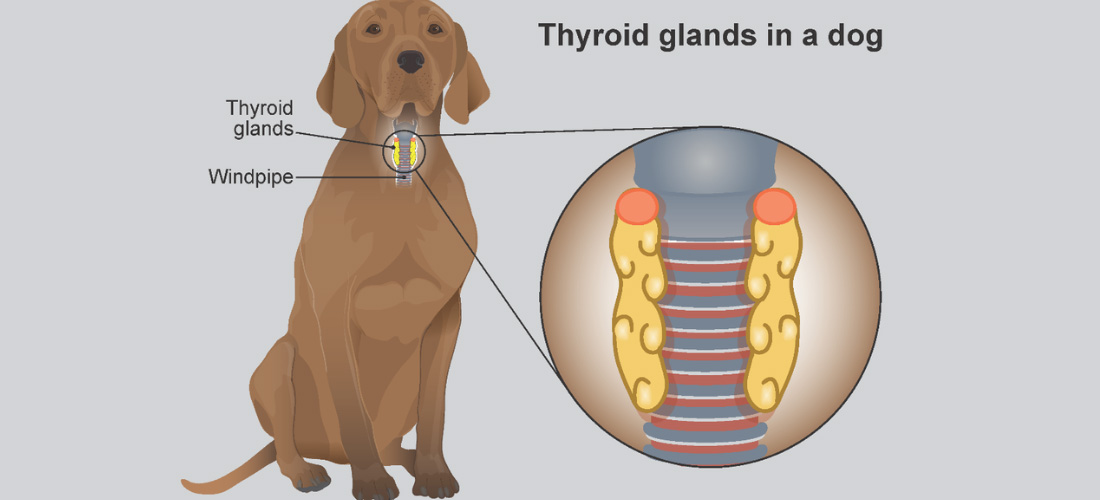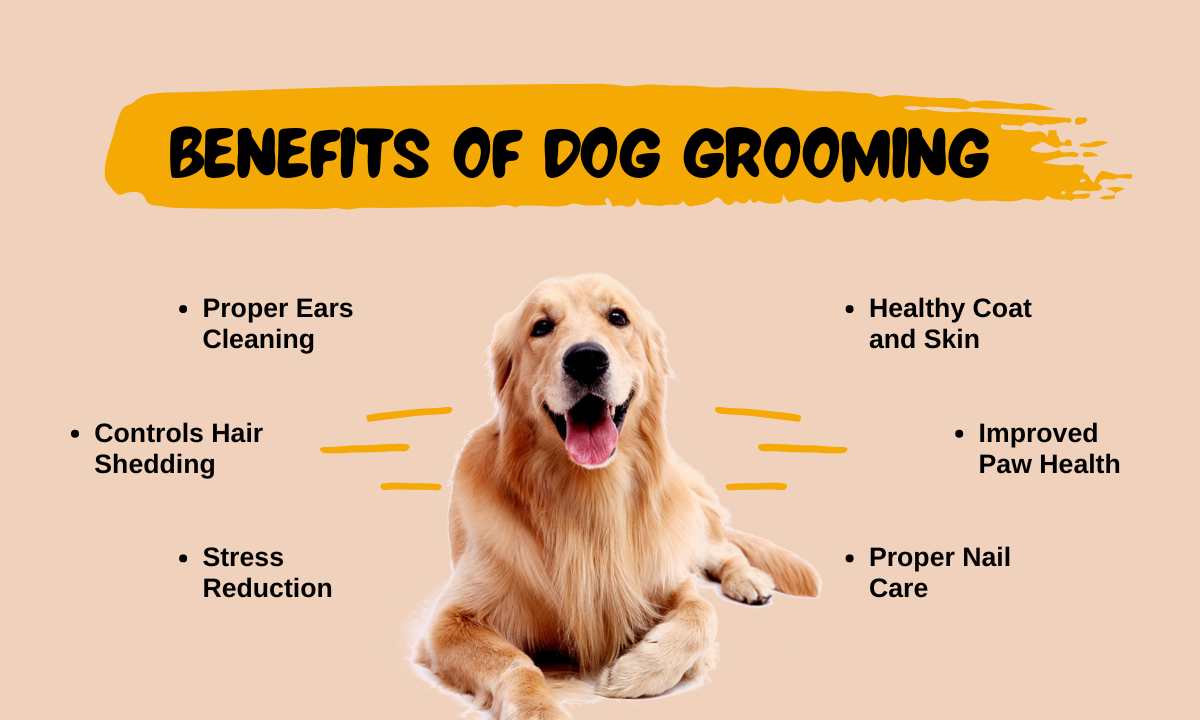Understanding the Problem: Why Does Your Dog Howl?
If you’ve ever been woken up in the middle of the night by your dog’s howling or received complaints from your neighbors, you’re not alone. It’s clear that excessive howling can be a significant issue, not just for you but also for those living around you. But why do dogs howl in the first place?
Dogs howl for various reasons, and understanding these can help you address the issue more effectively. Here are some common reasons:
- Communication: Dogs howl to communicate with other dogs or their owners. It’s their way of saying, “I’m here!”
- Separation Anxiety: If your dog howls when you leave the house, it could be a sign of separation anxiety.
- Attention Seeking: Some dogs howl to get attention or because they are bored.
- Medical Issues: Pain or discomfort can also cause a dog to howl.
- Environmental Triggers: Sirens, alarms, or other loud noises can trigger howling.

To put it simply, identifying the root cause of your dog’s howling is the first step in addressing the problem. Let’s dive into some effective strategies to help you and your neighbors find peace.
Practical Solutions to Curb Excessive Howling

1. Training and Socialization
One thing I’ve learned from dog training is that a well-socialized dog is less likely to develop behavioral issues like excessive howling. Training your dog not only helps in reducing howling but also strengthens your bond with your furry friend.
- Basic Commands: Teaching your dog basic commands like “quiet” can be very effective. Reward them when they stop howling on command.
- Socialization: Expose your dog to different environments, people, and other dogs to reduce anxiety and boredom.
2. Addressing Separation Anxiety
If your dog howls due to separation anxiety, you might find this helpful:
- Gradual Desensitization: Start by leaving your dog alone for short periods and gradually increase the time. This helps them get used to being alone.
- Comfort Items: Leave a piece of your clothing or a favorite toy to comfort your dog while you’re away.
- Professional Help: If the anxiety is severe, consult a veterinarian or a professional dog trainer.
3. Environmental Enrichment
You won’t believe how much a little stimulation can help in reducing howling. Boredom is a common cause of excessive howling, and keeping your dog mentally and physically stimulated can make a big difference.
- Interactive Toys: Toys that dispense treats or require problem-solving can keep your dog engaged.
- Exercise: Regular walks, playtime, and exercise can tire your dog out, reducing the likelihood of howling out of boredom.
- Background Noise: Leaving the TV or radio on can provide background noise that may comfort your dog.
4. Medical Check-Up
It’s interesting that many dog owners overlook the possibility of medical issues causing their dog’s howling. If I had to guess, a lot of howling problems could be resolved with a simple vet visit.
- Regular Check-Ups: Ensure your dog is in good health. Pain or discomfort can cause howling.
- Medication: In some cases, medication may be necessary to manage anxiety or other medical conditions.
Real-Life Stories: How Others Have Managed Dog Howling

It hit me that sharing real-life experiences can be incredibly valuable. Here are a few stories from dog owners who’ve successfully managed their dog’s howling:
Sarah’s Story: Overcoming Separation Anxiety
Sarah, a working professional, often found herself stressed due to her dog Max’s howling whenever she left for work. It dawned on her that Max’s howling was a sign of separation anxiety. Sarah started by leaving Max alone for short periods, gradually increasing the time. She also left her worn t-shirt next to Max’s bed. Over time, Max became more comfortable being alone, and the howling significantly reduced.
John’s Story: The Power of Exercise
John couldn’t help but notice that his dog Bella howled excessively whenever she was bored. John started taking Bella for longer walks and introduced interactive toys. The increased physical activity and mental stimulation worked wonders, and Bella’s howling decreased.
Tips and Tricks: What You Can Do Today

Immediate Actions
- Identify Triggers: Observe when and why your dog howls. Is it due to environmental triggers, separation anxiety, or something else?
- Create a Routine: Dogs thrive on routine. Establish a consistent daily schedule for feeding, walks, and playtime.
- Positive Reinforcement: Reward your dog for calm behavior and discourage howling without punishment.
Long-Term Strategies
- Professional Training: If the howling persists, consider professional training. A little-known fact is that many dog trainers specialize in behavioral issues like howling.
- Consult a Vet: Always rule out medical issues. You’d be surprised how often a health problem is the root cause.
- Community Engagement: Inform your neighbors about the steps you’re taking to address the howling. This can help build understanding and patience.
Final Thoughts: Achieving a Peaceful Home

It’s funny how a little understanding and effort can go a long way in resolving issues like dog howling. Personally, I’ve found that addressing the root cause and being consistent with training and enrichment activities can make a significant difference.
You might relate to this if you’ve ever felt frustrated or embarrassed by your dog’s howling. Remember, the goal is to create a peaceful environment for both you and your neighbors. By understanding why your dog howls and implementing these strategies, you can achieve a quieter, happier home.
If you’ve ever dealt with a howling dog, you know how challenging it can be. But with patience, consistency, and the right approach, you can manage and reduce the howling. So, let me tell you, don’t lose hope. Your peaceful home is just a few steps away.
Feel free to share your experiences or ask questions in the comments below. And if you found this article helpful, you might find this helpful too: Dog Training Tips.









